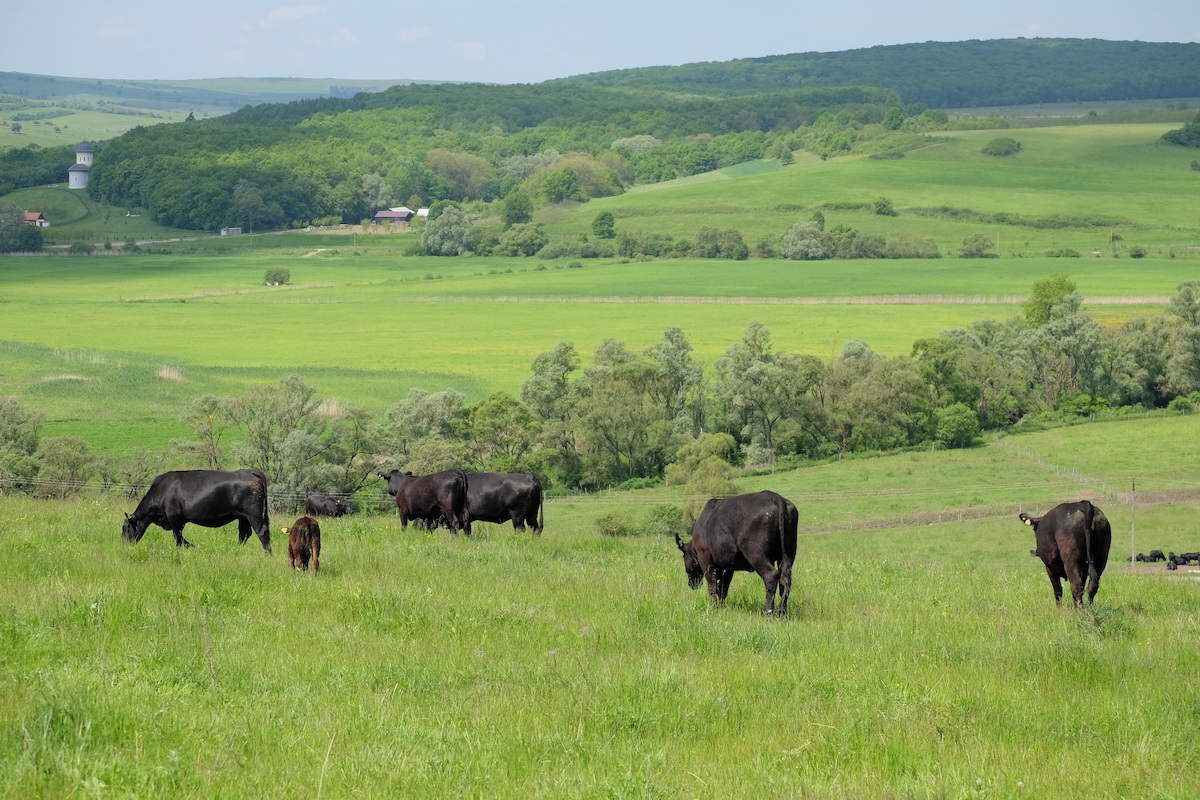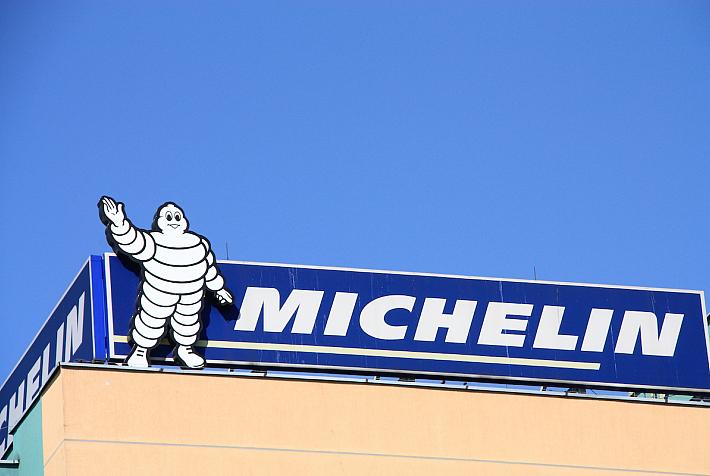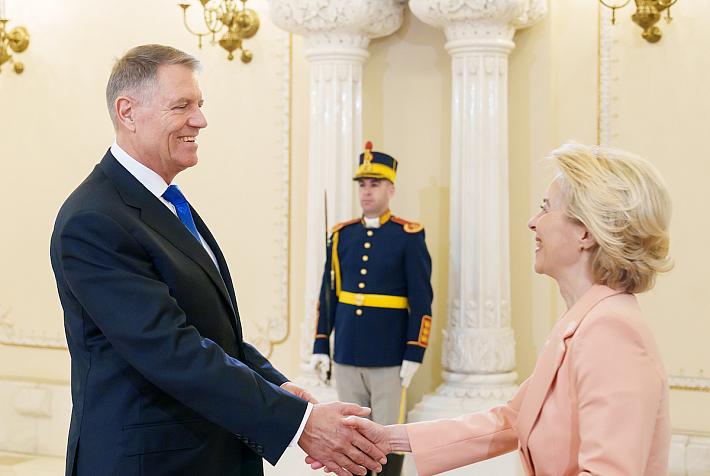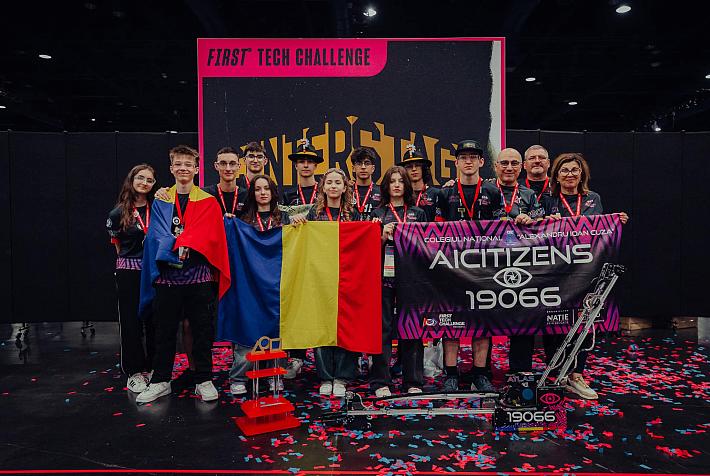Two Swiss investors make premium Angus beef in the green meadows of Transylvania
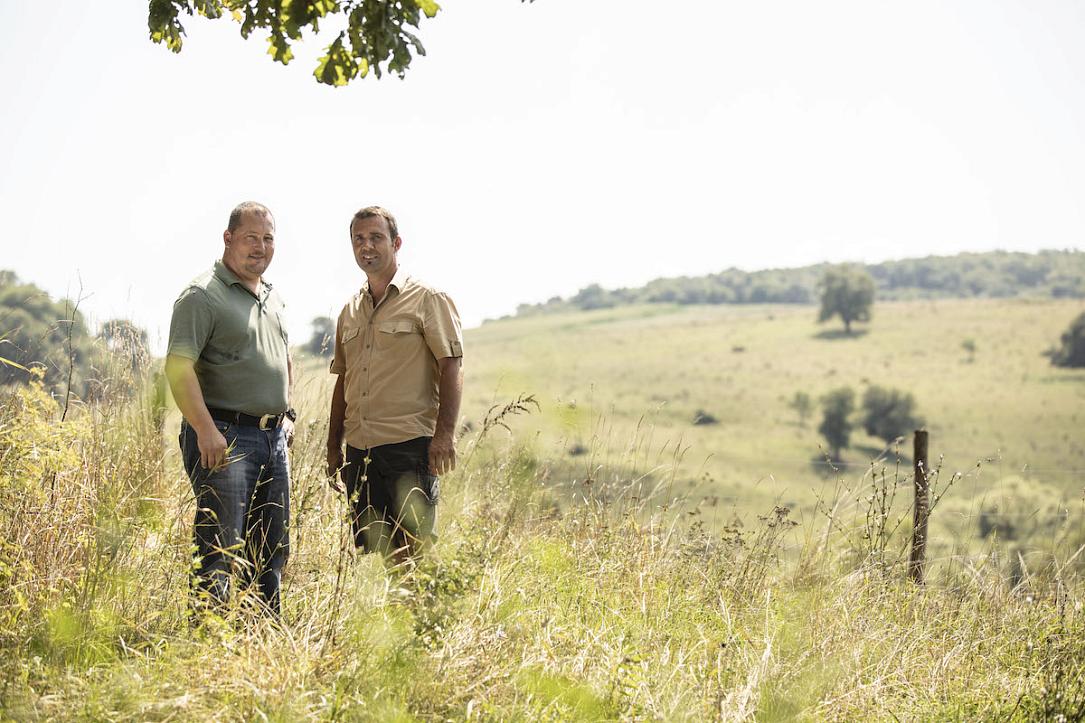
Two Swiss investors started an Angus cattle farm in Romania in 2008 and have turned it into one of the biggest local companies in this sector. In an interview with Romania-Insider.com, they share their story and their solutions for developing this sector in Romania.
Samuel Widmer and Stefan Jung first came to Romania in 2008 determined to build an Angus beef farm in a place suggested by one of their meat suppliers: Marpod near Sibiu. Among their main objectives is the construction of a network of producers throughout the country, covering all stages of production: grazing, raising, and fattening animals, but also slaughtering and meat processing.
"In the beginning, I didn't know anything about the country, not even its exact location," Samuel Widmer told Romania-Insider.com. However, that didn't stop him and his partner Stefan Jung from buying an abandoned farm in Nocrich, in Sibiu county, for EUR 100,000. The next step was to import 120 Angus cows.
Today, they run one of the biggest cattle farming and meat processing businesses in Romania, with a turnover of over EUR 11 mln in 2019 and about 120 employees.
About half of the meat they produce from cows grazed in the green Transylvanian meadows reaches consumers in Germany, Switzerland, Bulgaria, Greece, Spain, and Italy. At the same time, they are making efforts to develop a local market for their products.
How the business started
Samuel Widmer and Stefan Jung had experience in the trade of beef and butchery and cattle purchases. Their initial business idea was to produce quality beef in Eastern Europe for Western European markets.
"We come from the other side of the chain. We came to Romania to produce meat. We wanted to buy animals for slaughter, and we did not find here the meat quality we were looking for. We were looking for partners to work with, and that's how we got the idea of starting and managing this business," Samuel Widmer told Romania-Insider.com. The two entrepreneurs, together with an investment company from Switzerland, founded the company Karpaten Meat.
At the beginning of 2008, their company bought a farm in Nocrich, Sibiu county, which was renovated and. At the end of that year, it imported the first 120 heifers from Germany.
"When you enter such a market, you have to be on the ground every day: Jung and I were driving tractors for the harvest - we have no hesitation in getting involved in all the work," Widmer describes how they laid the foundations of the farm.
In the following years, the number of cattle gradually increased: in 2009, they brought another 200 heads, and in 2011-2012, they came to own 1,200 animals, and the pace of imports and development continued over the years.
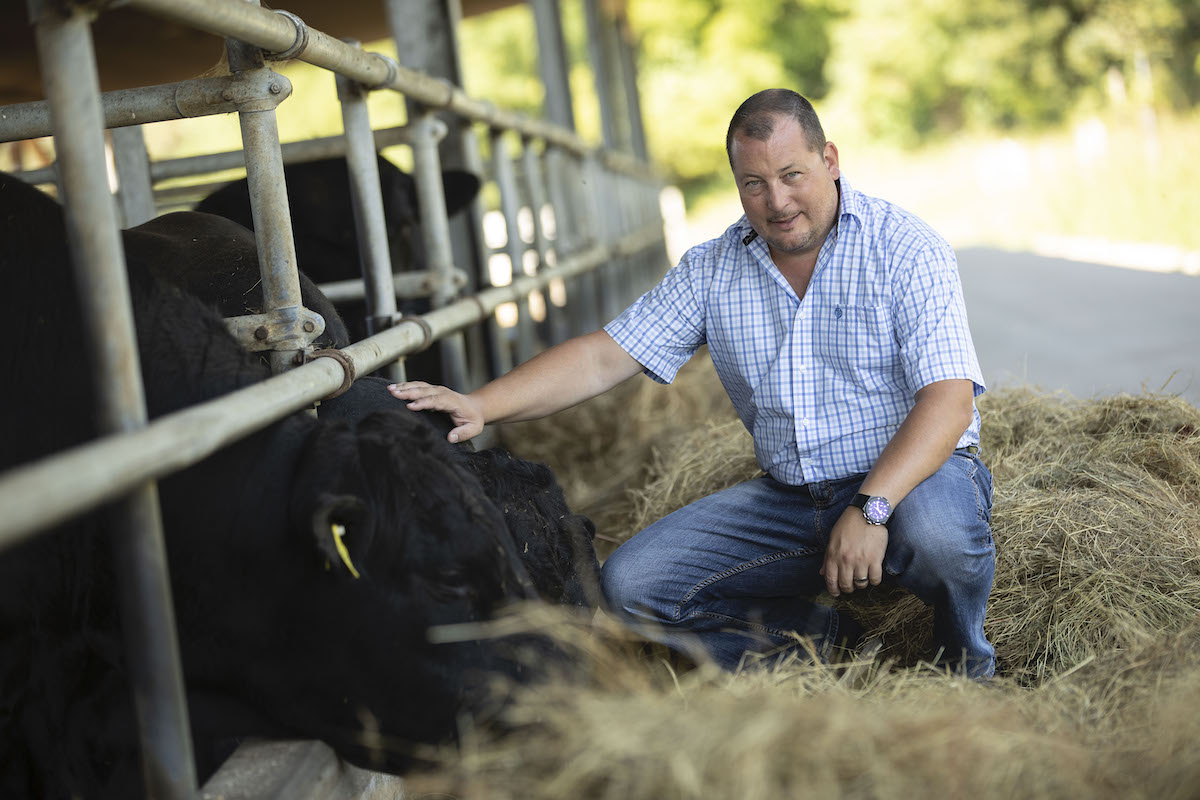
From 120 to 9,000 cows
Today, Karpaten Meat Romania consists of an Angus breeding cattle farm, two fattening farms, and a quarantine and import/export farm. These farms are populated with about 4,500 cattle for breeding and 4,500 cattle for fattening.
Created in Scotland, Angus Aberdeen is a premium beef breed, which withstands temperatures between -40 and 40 degrees and has an increase of 1,300 grams per day (compared to the traditional Romanian Bălţată, which adds only 800 grams per day to its weight).
The Transylvanian plateau's hilly area is the right place to raise Angus beef cows, which use untapped natural resources: pastures. The Karpaten Meat founders say the principle that guides the breeding activity of the Angus cows is: systems as simple as possible. They believe in sustainability and using the existing natural resources in these places. The cows are left to graze from the spring until late autumn.
"Even in dry weather, the animals are in good physical condition. This is the plus of the Angus breed. They make good use of the pasture, even of a lower quality, and they produce calf milk. There is no need for additional feeding," Samuel Widmer says, referring to the dry conditions in 2020.
To support its herd of 9,000 cows, the group owns 10,000 hectares of land, both pastures and agricultural land, cultivated exclusively to feed the animals.
Creating an integrated production chain in Romania
In addition to its farms, Karpaten Meat Group has developed a national structure of Angus partner farms whose activity is supported by various partnership programs to create a quality Angus beef production network, both for the foreign market and the Romanian one.
The group has also gradually changed its business model, aiming to complete the production chain in the country. In 2019, the company opened its modern cutting unit at Agnita, which will allow it to produce beef in an integrated system. This concludes the production chain in Romania, which offers the Romanian consumer the possibility to find out how and where the purchased Angus beef is produced.
"The notion of traceability in production - which we promote through what we do - is relatively new in the former communist countries and shows respect for the final consumer, but also for the environment, the extensive system of cattle breeding being sustainable," said the group's representatives.
The company sells its meat to restaurants, meat processing companies, retail stores, and has an online store through which it sells to individual clients under the brand Karpaten Premium Angus.
Developing the Romanian consumers' taste for beef
Starting with 2017, Karpaten Meat has been making efforts to also develop the beef market in Romania, where this type of meat is less popular than pork and chicken meat.
"From the position of a local producer of a high-quality product, our main desire is to contribute to the creation of a gastronomic culture for beef in Romania and to facilitate consumer access to these local products, 100% natural, obtained through a fully controlled process with complete traceability. In addition to our involvement in the online environment, which translates into the development of the online store and all that it entails, we collaborate with various restaurants in the country, both high volume and some gourmet, smaller capacity, but using only local products. In all environments where we are present (including gastronomic events), we promote the responsible consumption of the whole carcass, offering our public ideas for recipes, cooking tips, recommendations from famous chefs or nutritionists," says the Karpaten Meat manager.
The company says the local beef market has seen a positive trend in recent years. "The growing demand for Angus beef in all areas where we operate (from the end consumer through the online shop, to restaurants, processors, butchers, and retail chains) proves that our efforts in recent years have paid off and created a quality culinary environment."
Online sales tripled during the pandemic
The pandemic negatively impacted the company's results after an exponential growth recorded in 2019. With restaurants closed, the sales through this channel went down. On the upside, online sales tripled during the pandemic compared to the same period of 2019.
"Responsible and informed food consumption is not only the producers' desire but also a wave of generations. Lately, with the development of the digital age, more and more consumers, including in Romania, are lucky to be delivered the best quality beef to their door. In this context, information about the ingredients consumed is increasingly important, which is why there is a tendency to return to local and regional products. It is important for modern consumers to know where the food they are eating comes from. Because one of the main goals of launching this platform was to encourage healthy and responsible eating habits, we are glad to see that our efforts are paying off, and more and more consumers are willing to invest in quality products to take care of the body and their health," says Samuel Widmer.
How can Romania make more of its agricultural potential?
Karpaten Meat's founders believe Romania is ideal for beef production, with a usable agricultural area of over 15 million hectares, of which the meadows and hayfields cover almost 5 million hectares. Romania is also the second-largest producer of agricultural products in Central and Eastern Europe after Poland. However, when it comes to beef cattle farming, they believe Romania's potential is largely underused. When they came to Romania, this segment was almost non-existent. Romania is currently last in the EU for the number of beef cattle, but the numbers have been increasing in recent years.
"Raising beef cattle is still a new field for Romania, which needs time for education and transformation. The potential exists, but farmers need to mobilize in this direction and, with a little support from both the Romanian state and farmers with experience in the field, in a few years we can populate the pastures in Romania with beef cattle," said the Karpaten Meat representatives.
Another factor that negatively impacts this sector is that Romania mainly sells live cattle to Middle East countries, such as Turkey, Iran, and Saudi Arabia, at very low prices. Romanian farmers thus make very low profits from these exports. This can change by supporting the entire production chain in Romania and by combating the practice of animal trade without added value.
"By creating units dedicated to beef production, we can generate large volumes of beef by involving resources in the country - feed obtained from the country's own agriculture, existing human resources, and specialized units - thus capitalizing on the country's resources by creating and supporting the entire production chain," the company's representatives explained.
"Raising cattle in an extensive system brings multiple advantages, both economically and ecologically: grazing being a healthier and more natural way of feeding, the animals make the most of their genetic potential. In addition, rugged land can be used productively, which cannot be used for agriculture, but which are good silo resources, while also conserving the biodiversity of these areas," they concluded.
andrei@romania-insider.com
(Photo source: courtesy of the company)







